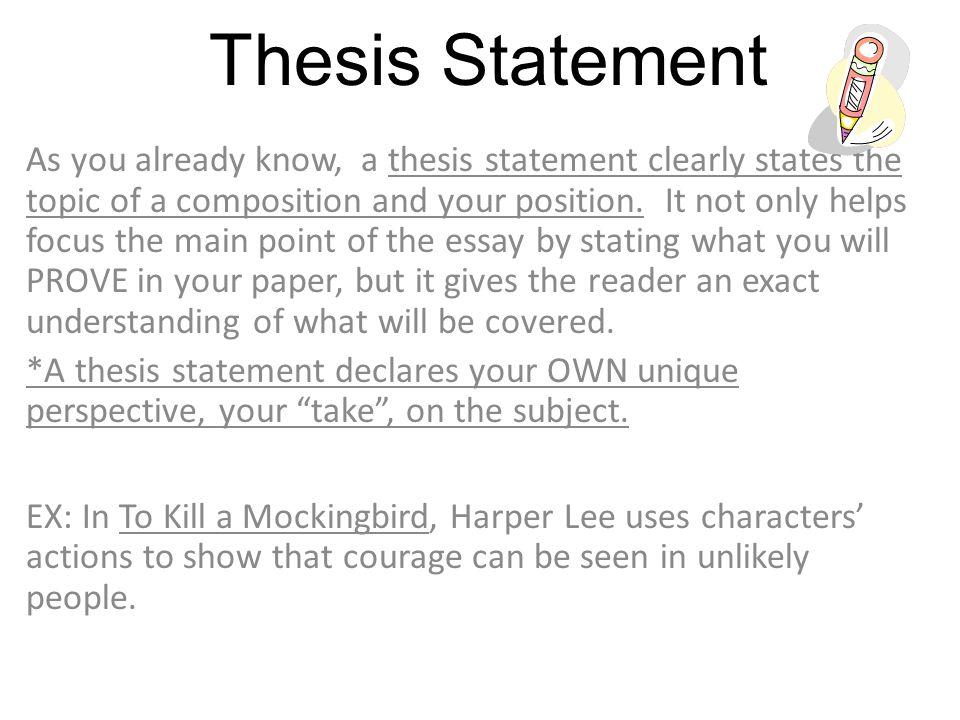In a significant public health development, the World Health Organization (WHO) has officially announced the eradication of the variant type 1 poliovirus outbreak in Madagascar. The declaration comes after a comprehensive response effort that mobilized health professionals and local communities to combat the resurgence of this dangerous pathogen. The outbreak, which prompted urgent vaccination campaigns and surveillance measures, highlighted the ongoing challenges of polio elimination in the African region. As Madagascar emerges from this crisis, health experts underscore the importance of sustained immunization efforts to prevent future outbreaks and protect vulnerable populations.
Outcomes of the Variant Polio Outbreak in Madagascar and its Implications for Public Health
The recent variant type 1 polio outbreak in Madagascar has been officially declared over by the World Health Organization, signaling a significant public health achievement for the region. The outbreak, which began in 2022, has highlighted both the challenges and triumphs faced by health authorities in combating vaccine-derived polio strains. Thanks to a robust vaccination campaign and the quick mobilization of healthcare resources, the spread of the virus was curbed, leading to a decrease in reported cases and ultimately the declaration of the outbreak’s end. The rigorous response included:
- Intensive vaccination drives targeting children, especially in high-risk areas.
- Community engagement initiatives to raise awareness about polio and the importance of vaccination.
- Surveillance improvements to monitor and contain potential re-emergences of the virus.
The implications of this successful containment extend beyond Madagascar, serving as a case study for public health strategies in other regions facing similar threats. Lessons learned from this outbreak underscore the importance of maintaining high vaccination coverage and preparedness to respond rapidly to future outbreaks. Additionally, the situation calls for sustained international support and vigilance to prevent the re-emergence of polio. The following table outlines key actions taken during the outbreak response:
| Action | Objective | Outcome |
|---|---|---|
| Vaccination Campaign | Immunize children under 5 | Over 95% coverage achieved |
| Community Engagement | Educate on polio risks | Increased awareness among parents |
| Improved Surveillance | Track virus spread | Early detection of cases |
Lessons Learned: Strengthening Surveillance and Vaccination Efforts in the Region
The recent declaration of the end of the variant type 1 polio outbreak in Madagascar underscores the importance of robust public health strategies. The response to this outbreak has highlighted several critical lessons for strengthening surveillance and vaccination efforts across the region. Key factors contributing to this success include:
- Enhanced Surveillance Systems: The deployment of advanced surveillance techniques helped detect cases early and respond promptly.
- Community Engagement: Collaboration with local communities enabled health workers to reach underserved populations effectively.
- Adaptive Vaccination Strategies: Flexible vaccination campaigns tailored to specific region needs ensured broader immunization coverage.
Moving forward, it is essential to build on these successes by institutionalizing effective practices and maintaining vigilance. To sustain polio eradication efforts and address any future outbreaks, the following strategies should be prioritized:
| Strategy | Description |
|---|---|
| Continuous Training | Regular training for health workers in vaccination practices and outbreak response. |
| Data Integration | Use of digital platforms for real-time data collection and analysis to guide decision-making. |
| Cross-Border Collaboration | Strengthening partnerships with neighboring countries for comprehensive surveillance and vaccination efforts. |
Future Steps to Prevent Polio Resurgence: WHO Recommendations for Continued Vigilance
In light of the recent declaration of the end of the variant type 1 polio outbreak in Madagascar, the World Health Organization (WHO) emphasizes the necessity for sustained efforts to prevent any resurgence of the disease. Key recommendations include:
- Enhanced Surveillance: Strengthening surveillance systems to detect and respond to any new cases swiftly.
- Vaccination Campaigns: Implementing continuous immunization initiatives, especially targeting underserved regions.
- Community Engagement: Involving local populations in awareness campaigns to promote the importance of vaccination.
- Collaboration with Partners: Working alongside international partners and governments to ensure adequate resources and logistical support.
Furthermore, WHO advocates for regular training of healthcare workers on polio prevention and response measures. This ensures that frontline workers are well-equipped to handle potential outbreaks. The WHO also advises countries to maintain a robust stockpile of vaccines and other essential supplies as a proactive measure. To address these strategic points, the following table illustrates WHO’s recommended actions for continued vigilance:
| Action Item | Description |
|---|---|
| Monitor Health Trends | Regular assessments of health data to identify any unusual patterns. |
| Data Sharing | Facilitate information exchange between countries for better tracking. |
| Crisis Response Teams | Deploy teams quickly to areas reporting potential polio cases. |
In Summary
In conclusion, the World Health Organization’s announcement regarding the declaration of the variant type 1 polio outbreak in Madagascar as over marks a significant milestone in global health efforts. The response to this outbreak, which necessitated swift vaccination campaigns and public health interventions, underscores the importance of vigilance and preparedness in combating infectious diseases. While this development is a cause for cautious optimism, the WHO emphasizes that ongoing monitoring and vaccination efforts are vital to prevent future outbreaks and safeguard the health of communities. As Madagascar moves forward, it serves as a reminder of the collective international commitment needed to eradicate polio and ensure a healthier future for all.

